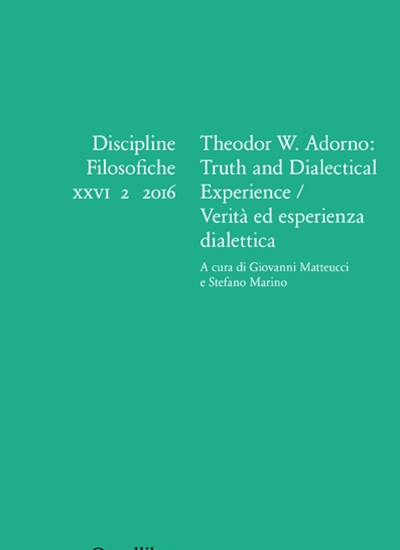Description
Despite the important contributions provided in recent times by various authors, it still seems that specifically and rigorously philosophical
contributions on fashion are a minority in the broad, complex field of fashion studies. It is thus difficult to deny that fashion cannot
be said to be a fashionable theme in philosophy. However, one can also be tempted to wonder if fashion can teach us something about
philosophical questions and, one might say, even illuminate philosophy. In this article I argue that it is possible to give a positive answer
to the question of the philosophical value of fashion and its potential importance for a general rethinking of philosophy by means of a critical self-reflection. If the search for eternity, necessity, essentiality, final aims and meaningfulness has guided the development of Western metaphysics, it is instead possible to identify such notions as transience, contingency, ephemerality, lack of purpose, change for change's sake and ultimately meaninglessness as the fundamental concepts that allow grasping the "illogical" logic of pop culture in general, and fashion, in particular. On this basis, I suggest seeing fashion and pop culture (with a particular focus on pop music) as manifestations of a post-metaphysical "spirit" of the current civilisation that might emancipate us from Western metaphysics' need and "dream" to ground human existence upon something ideal, absolute, necessary, permanent and profound, instead inviting us to learn to "slide down the surface of things" (as famously sung by U2).











